What is the difference between setting a Dead Letter Queue on an SNS Topic or on a Lambda function?
I was wondering, because if you set the DLQ on the SNS subscription, then that subscription message will fail over to DLQ when the Lambda (the subscriber) fails, correct? So in that scenario would setting the DLQ in these two places have the same effect?
I have set a DLQ on a SNS Topic Subscription, and it didn't "automagically" appear as the DLQ on the Lambda screen settings, so I assume there may be some difference?
SNS dead letter queue ref: https://docs.aws.amazon.com/sns/latest/dg/sns-dead-letter-queues.html
In general, message delivery fails when Amazon SNS can't access a subscribed endpoint due to a client-side or server-side error.
Lambda dead letter queue ref: https://aws.amazon.com/about-aws/whats-new/2016/12/aws-lambda-supports-dead-letter-queues/
AWS Lambda will write the event object invoking the Lambda function to this [DLQ] endpoint after the standard retry policy (2 additional retries on failure) is exhausted.
Lambda:
SNS subscription:

